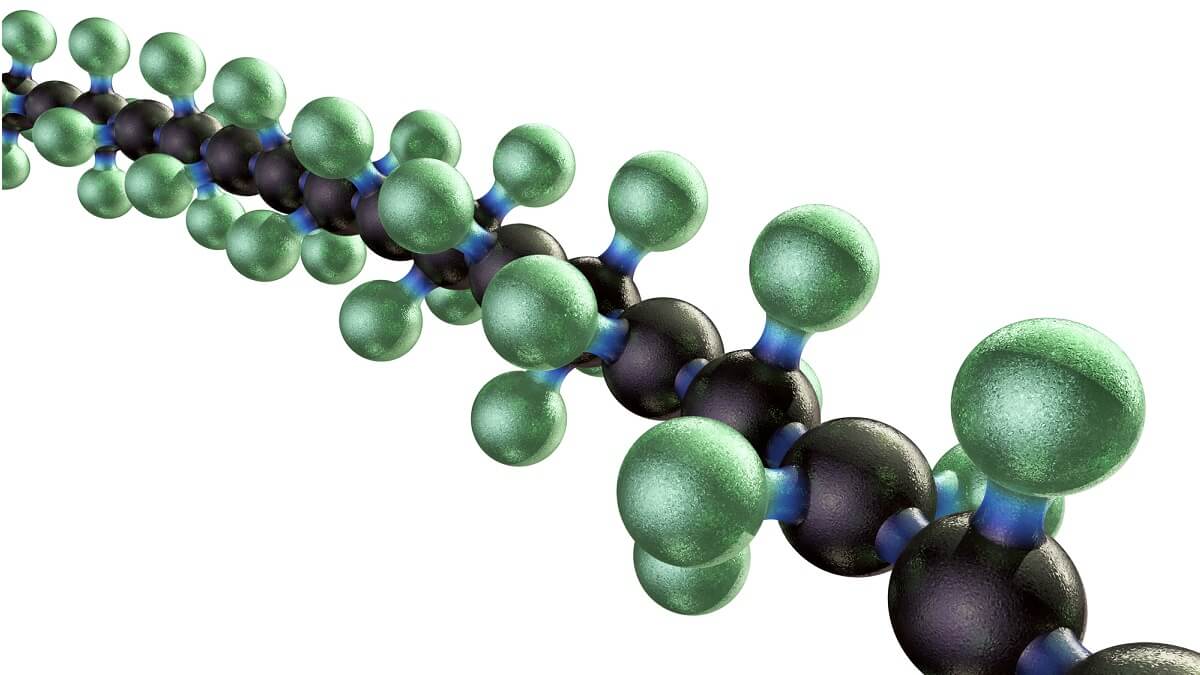High-Performance Polymers: Advanced Materials for Industry
High-Performance Polymers: Advanced Materials for Industry
Blog Article
Discovering the Varied Applications and Advantages of Polymers in Different Industries
Polymers, with their diverse array of residential or commercial properties and functionalities, have actually ended up being essential in different markets, each reaping one-of-a-kind benefits from their application. From enhancing safety and security and performance in the auto industry to revolutionizing medical gadgets in the medical care industry, polymers play an essential function.
Automotive Market Applications
Polymers play a pivotal duty in improving the performance and toughness of numerous parts within the auto field. These functional materials are extensively utilized in the manufacturing of different parts, ranging from indoor components to under-the-hood applications. One famous use polymers in the vehicle sector is in the manufacturing of lightweight elements. By changing traditional metal components with polymer-based alternatives, automobiles can achieve improved fuel performance without compromising on strength or security.

Health Care Market Advantages
In different health care applications, the advantages of using polymers are extensively identified for their varied range of advantageous homes. Polymers play a vital duty in the medical care sector as a result of their convenience, biocompatibility, and cost-effectiveness. Among the primary benefits of polymers in healthcare is their capability to be tailored to details needs, such as adaptability, durability, and biodegradability, making them perfect for a wide variety of medical applications.
Polymer-based materials are extensively used in clinical tools, such as catheters, implants, prosthetics, and medication shipment systems, due to their biocompatibility and capability to simulate natural tissues. These products can minimize the danger of allergies or rejections, boosting person security and outcomes. Additionally, polymers are light-weight, making them appropriate for wearable medical devices and ensuring person convenience.
In addition, polymers allow the advancement of ingenious therapy approaches, such as hydrogels for cells design and nanocomposites for targeted medicine distribution. Their convenience of processing and sanitation makes them necessary for maintaining high criteria of hygiene in medical care setups. Overall, the diverse benefits of polymers contribute dramatically to developments in clinical innovation and individual care.
Environmental Advantages of Polymers

Furthermore, polymers can add to energy cost savings as a result of their light-weight nature. In industries such as transportation, lightweight polymer materials can assist minimize fuel usage and greenhouse gas exhausts. Furthermore, polymers can allow the growth of energy-efficient products such as insulation materials that boost energy conservation in buildings.
Furthermore, polymers play a critical duty in decreasing water pollution. For example, making use of polymer-based purification systems can efficiently remove pollutants and impurities from wastewater, protecting water resources and communities. Overall, the ecological advantages of polymers make them useful possessions in promoting sustainability and environment-friendly methods across numerous sectors.
Polymers in Electronics and Technology
Considering the increasing need for ingenious and sustainable remedies in contemporary industries, the assimilation of innovative polymer innovations in the realm of electronic devices and innovation has become a critical strategy for driving effectiveness and performance. Polymers have actually reinvented the electronics market by enabling the manufacturing of lighter, much more versatile, and resilient digital tools. From mobile phones to clinical tools, polymers play an essential function in enhancing product layout and performance.
One substantial advantage of polymers in electronic devices is their protecting residential properties, which help secure delicate electronic parts from environmental variables and electrical disturbance. Additionally, polymers are necessary in the development of versatile display screens, wearable technology, and published electronic devices, offering limitless opportunities for creating wise and interconnected tools.
Additionally, making use of polymers in electronic packaging has actually brought about advancements in miniaturization and thermal administration, improving the general efficiency and reliability of electronic systems. As innovation remains to evolve, the flexibility and adaptability of polymers will most certainly drive further development in the electronic devices market, shaping the future of innovation.
Role of Polymers in Building and Infrastructure
The integration of sophisticated polymer products in building and facilities jobs has actually transformed the way structures are created and constructed in modern times. Polymers provide many benefits in the construction market as a result of their versatility, sturdiness, and cost-effectiveness. One crucial function of polymers in building is their use in coverings and sealants, giving defense versus ecological aspects such as wetness, UV radiation, and corrosion. Additionally, polymers are made use of in the manufacturing of lightweight and high-strength composite materials, enhancing the architectural stability of buildings while lowering overall weight.
In addition, polymers play a critical function in sustainable building and construction techniques by enabling the development of energy-efficient structures. Shielding materials made from polymers aid control interior temperature levels, lowering the need for heating and cooling systems and ultimately reducing power usage. original site The usage of polymer-based composites in facilities tasks such as bridges and roads improves their long image source life and decreases upkeep costs. On the whole, the incorporation of polymers in building and construction and facilities displays their substantial influence on modern design techniques.
Conclusion
Finally, polymers play a critical role in various industries such as automobile, health care, environmental, electronics, and building. Their functional homes make them useful in producing ingenious options and items. From improving fuel effectiveness in automobiles to improving medical gadgets, polymers provide various advantages. Furthermore, their effect on lowering waste and promoting sustainability highlights their significance in contemporary applications. The prevalent usage of polymers demonstrates their significant contribution to advancing innovation and improving high quality of life.
Report this page